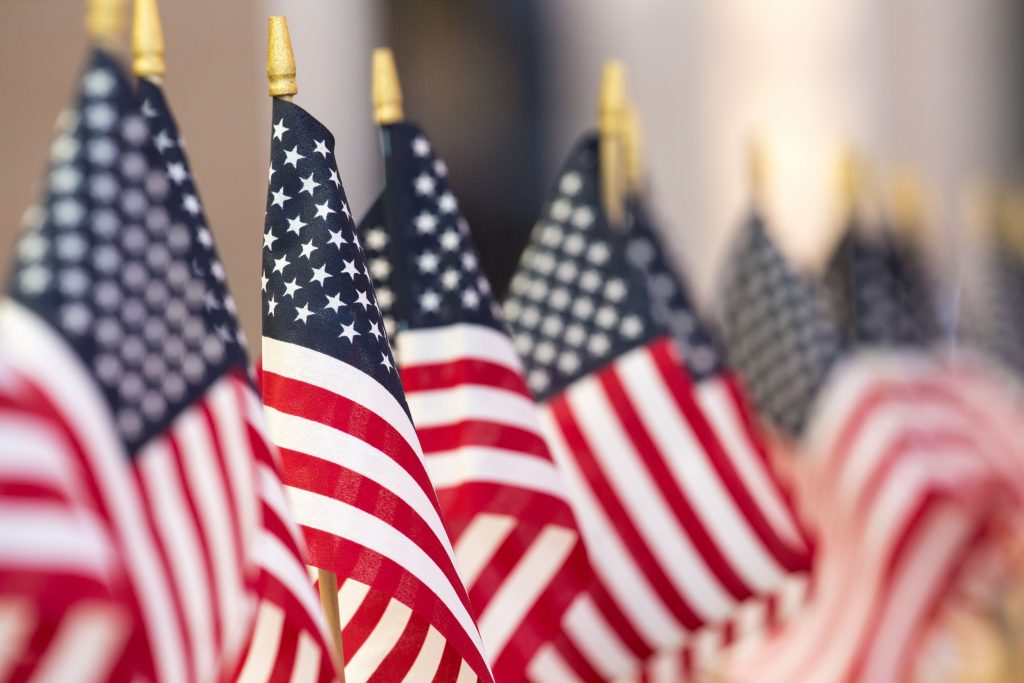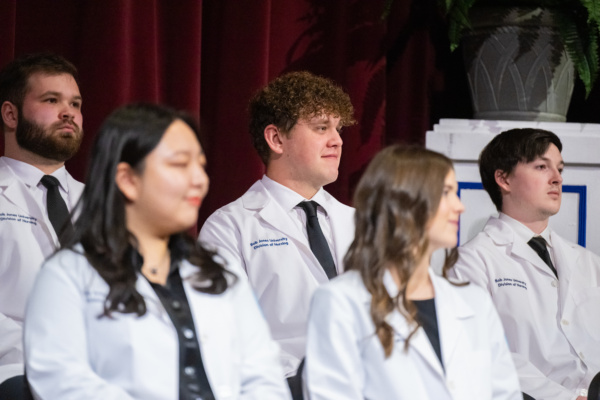GREENVILLE, S.C. (May 28, 2018) – Memorial Day grew out of a desire to honor those who died fighting in the bitter Civil War that engulfed the nation from 1861-1865. In the years after the casualty laden conflict ended, people on both sides held ceremonies to decorate the graves and mourn the passing of their loved ones.
Later, observances were expanded to include those who died in the World Wars and other conflicts. In 1967, Congress formally designated the last Monday in May as the official federal holiday.
When asked why we continue to observe Memorial Day, future Supreme Court Justice Oliver Wendell Holmes opined that “it celebrates and solemnly reaffirms from year to year a national act of enthusiasm and faith. It embodies in the most impressive form our belief that to act with enthusiasm and faith is the condition of acting greatly.”
As a veteran of the Civil War, Holmes knew firsthand the horrors of battle, the loss of comrades, and the daily struggle to deal with its lingering effects. Despite that knowledge, he was keenly aware of war’s capacity to reveal heroes and the necessity of fighting to preserve and defend liberty.
In the current age of drone warfare, unmanned planes, and battles waged in distant lands, Americans are more insulated from war than ever. One can simply turn off a television or click to another website if viewing the carnage becomes uncomfortable.
Increasingly, Memorial Day is seen more as the official start of the summer pool season or a shopping holiday than a time to commemorate the sacrifices of those who died defending our freedom to enjoy the aforementioned recreational activities.
At the height of the Revolutionary War, John Adams wrote “I must study politics and war that my sons may have liberty to study mathematics and philosophy. My sons ought to study mathematics and philosophy, geography, natural history, naval architecture, navigation, commerce, and agriculture, in order to give their children a right to study painting, poetry, music….”
War, a necessary evil, is not to be celebrated but the brave service members who enlist in the military and pay the ultimate price for that choice deserve to be remembered for their sacrifice.
In the midst of family gatherings, weddings, and vacation trips, Holmes’ assurance that “grief is not the end of all” and “our dead brothers still live for us, and bid us think of life, not death… and amid the awful orchestra of seen and unseen powers and destinies of good and evil our trumpets sound once more a note of daring, hope, and will.”








